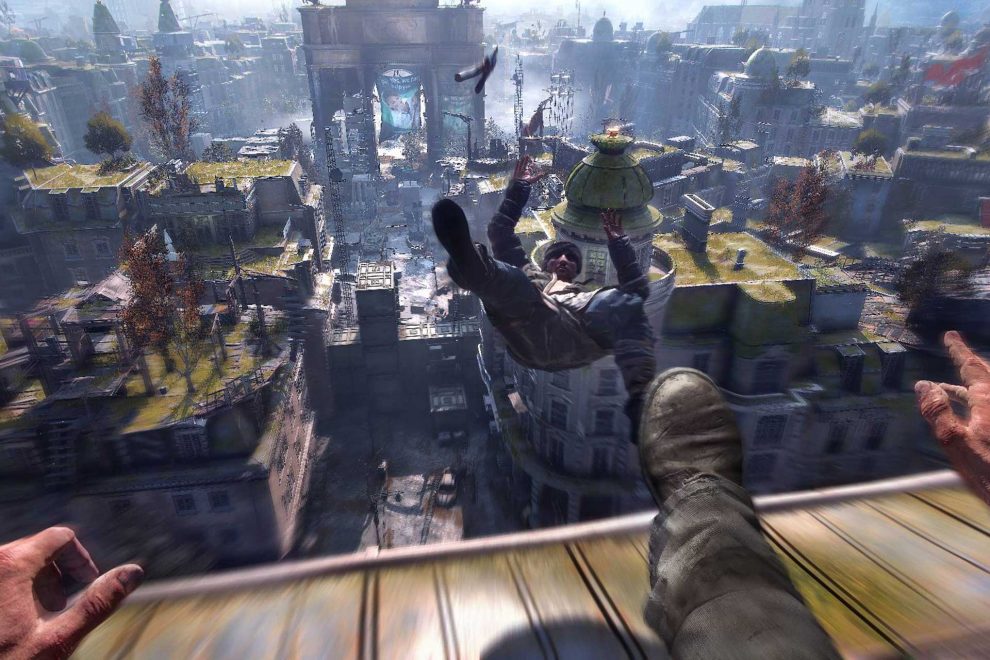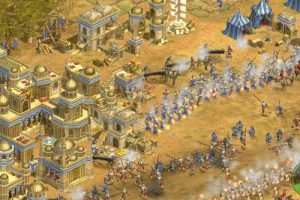Games have been an integral part of human society for centuries. From ancient civilizations to modern times, games have evolved and adapted to reflect the changing values, beliefs, and norms of society. Games are not just a form of entertainment, but they also serve as a reflection of the world we live in. They mirror the social, cultural, and political aspects of our lives, and they often provide a window into the human psyche. In this essay, we will explore how games reflect society, and what they reveal about our values, beliefs, and culture.
The Evolution of Games
Games have been around for thousands of years, with evidence of ancient civilizations playing games such as Senet in Egypt, Go in China, and Chess in India. These games were often linked to religious rituals, social hierarchies, and political power. For example, Senet was believed to have a spiritual significance, with the game representing the journey of the soul through the underworld. Go, on the other hand, was considered a game of strategy and intelligence, with its playing pieces symbolizing the different social classes in Chinese society.
As society evolved, so did games. The Middle Ages saw the rise of Chess, which became a popular pastime among the nobility. Chess was seen as a game of strategy and intelligence, and it was often used as a tool for teaching moral values and social hierarchy. The game’s pieces represented the different social classes, with the king and queen at the top, followed by the nobility, clergy, and commoners.
In modern times, games have continued to evolve, reflecting the changing values and beliefs of society. Video games, for example, have become a popular form of entertainment, with games like Fortnite and Minecraft attracting millions of players worldwide. These games often reflect the social and cultural norms of our time, with players engaging in virtual worlds that mirror real-life issues such as survival, competition, and collaboration.
The Reflection of Society in Games
Games often reflect the social and cultural norms of society, with game designers incorporating elements of the real world into their designs. For example, games like Grand Theft Auto V and Red Dead Redemption 2 feature open-world environments that mirror real-life cities and landscapes. These games often include elements of crime, violence, and social inequality, reflecting the darker aspects of our society.
Other games, such as The Sims and Animal Crossing, offer a more positive reflection of society, with players engaging in virtual worlds that promote creativity, social interaction, and community building. These games often reflect our desire for a more idyllic and peaceful way of life, with players able to create their own virtual communities and societies.
Games also reflect the political and economic aspects of society. Games like Call of Duty and Battlefield 1 offer a reflection of the military-industrial complex, with players engaging in virtual battles that mirror real-life conflicts. These games often reflect the political tensions and ideologies of our time, with players able to choose between different factions and ideologies.
The Impact of Games on Society
Games not only reflect society, but they also have an impact on our culture and values. Games can shape our attitudes and beliefs, with game designers often incorporating social and cultural messages into their designs. For example, games like Minecraft and Portal offer a positive representation of science and technology, with players encouraged to explore and experiment with different technologies.
Games can also have a negative impact on society, with concerns about the impact of violent video games on children’s behavior and mental health. Games like Grand Theft Auto V and Manhunt have been criticized for their violent content, with some arguing that they promote a culture of violence and aggression.
The Future of Games
As society continues to evolve, so will games. The rise of virtual reality (VR) and augmented reality (AR) technology is set to revolutionize the gaming industry, with games becoming even more immersive and interactive. VR and AR games will offer a more realistic and engaging experience, with players able to step into virtual worlds that mirror real-life environments.
The future of games will also be shaped by emerging technologies such as artificial intelligence (AI) and blockchain. AI-powered games will offer a more personalized and adaptive experience, with game designers able to create more sophisticated and realistic game mechanics. Blockchain-powered games will offer a more decentralized and transparent experience, with players able to own and trade virtual assets in a secure and transparent way.
Games are a reflection of society, mirroring our values, beliefs, and culture. They offer a window into the human psyche, revealing our desires, fears, and aspirations. Games have evolved over time, reflecting the changing social, cultural, and political aspects of our lives. They have the power to shape our attitudes and beliefs, and they have the potential to impact our culture and values.
As we look to the future, games will continue to evolve, reflecting the emerging technologies and societal changes that are shaping our world. They will become even more immersive and interactive, offering a more realistic and engaging experience. Games will continue to reflect society, offering a mirror to our values, beliefs, and culture. They will continue to have an impact on our society, shaping our attitudes and beliefs, and they will continue to be a reflection of the world we live in.
In conclusion, games are not just a form of entertainment, but they are also a reflection of society. They mirror our values, beliefs, and culture, and they have the power to shape our attitudes and beliefs. Games have evolved over time, reflecting the changing social, cultural, and political aspects of our lives. They will continue to evolve, reflecting emerging technologies and societal changes. Games are a window into the human psyche, revealing our desires, fears, and aspirations. They are a reflection of the world we live in, and they will continue to be a reflection of society for years to come.












































Add Comment